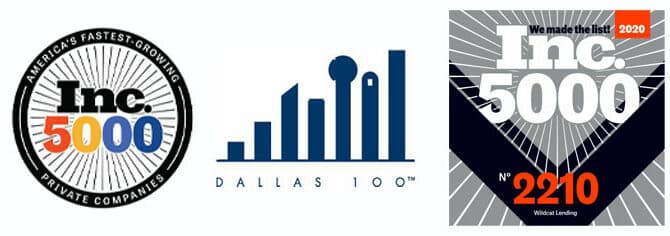Frequently Asked Questions
Why do real estate investors use hard money loans?
Real estate investors use hard money loans for their speed, flexibility, and ability to finance properties in poor condition. These loans are often short-term, allow leveraging capital, and typically have no prepayment penalties. However, they come with higher interest rates and fees compared to traditional financing.
What are some advantages of using Wildcat Lending?
We provide honesty, hard work, and a collaborative team approach to support your investment journey. With same-day approvals and 24-hour closings, we prioritize speed, recognizing that time is a crucial factor in real estate. Our streamlined approval process and in-house underwriting ensure you work directly with decision-makers who understand your investment strategy. We consider both financial aspects and your investment strategy to maximize your success.
What is an origination point?
An origination point is 1% of the loan amount, which is a fee imposed by the lender when obtaining a loan. This fee is paid upfront during the property purchase closing.
Do you require property insurance?
For closing, we’ll need a fully paid policy that meets the minimum loan requirements. Typically, for fix & flip loans, the policy should cover at least the loan amount for a minimum of 6 months.
How quickly can you close?
For investment properties, the typical closing period is 5-10 business days. Yet, Wildcat Lending is recognized for its efficiency, often achieving closings in as little as 24-48 hours.
What type of loans do you offer?
We offer a variety of loans tailored to meet the specific needs of real estate investors for single-family projects, including acquisition, renovation, refinance, and new construction (1-4 doors).
What is the difference between hard money and traditional financing?
Hard money loans are the preferred option for rapid financing because they depend on property value, facilitating swift approval. Although they often carry higher interest rates, they are a top choice for short-term real estate investments, especially for improving “ugly” investment properties. In contrast, traditional mortgages are often challenging to secure for such properties due to their stricter requirements and longer approval processes.


